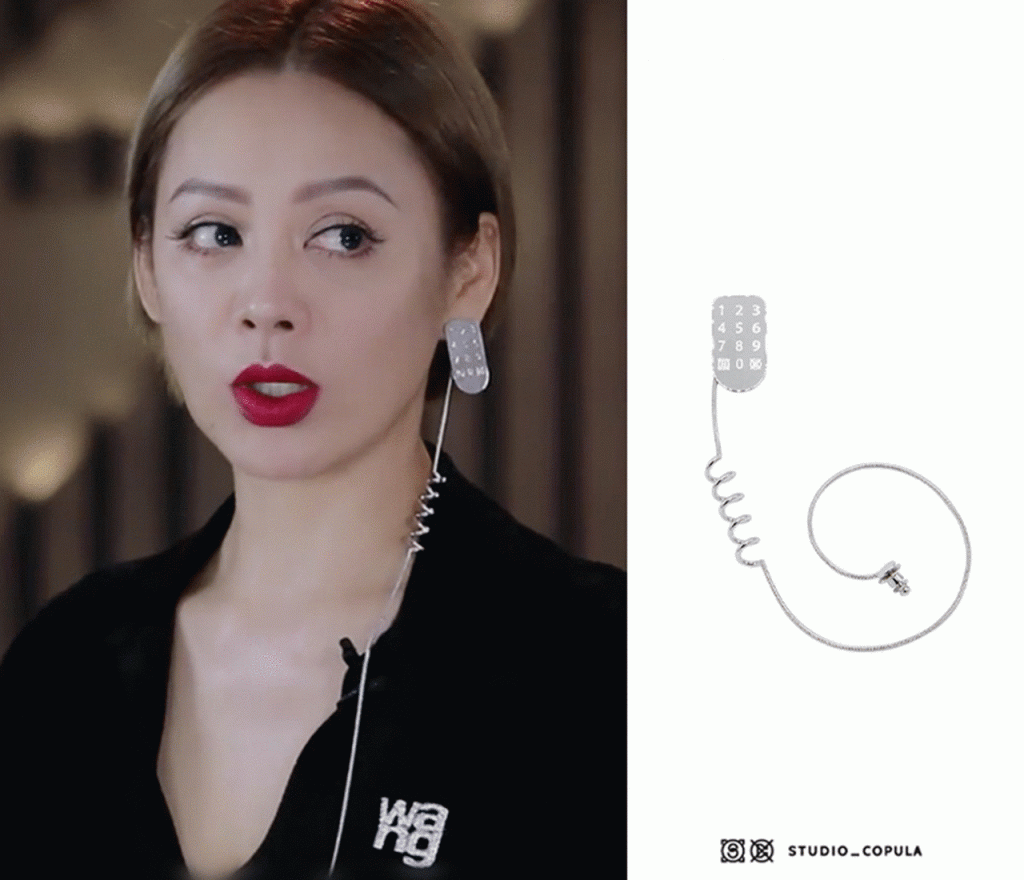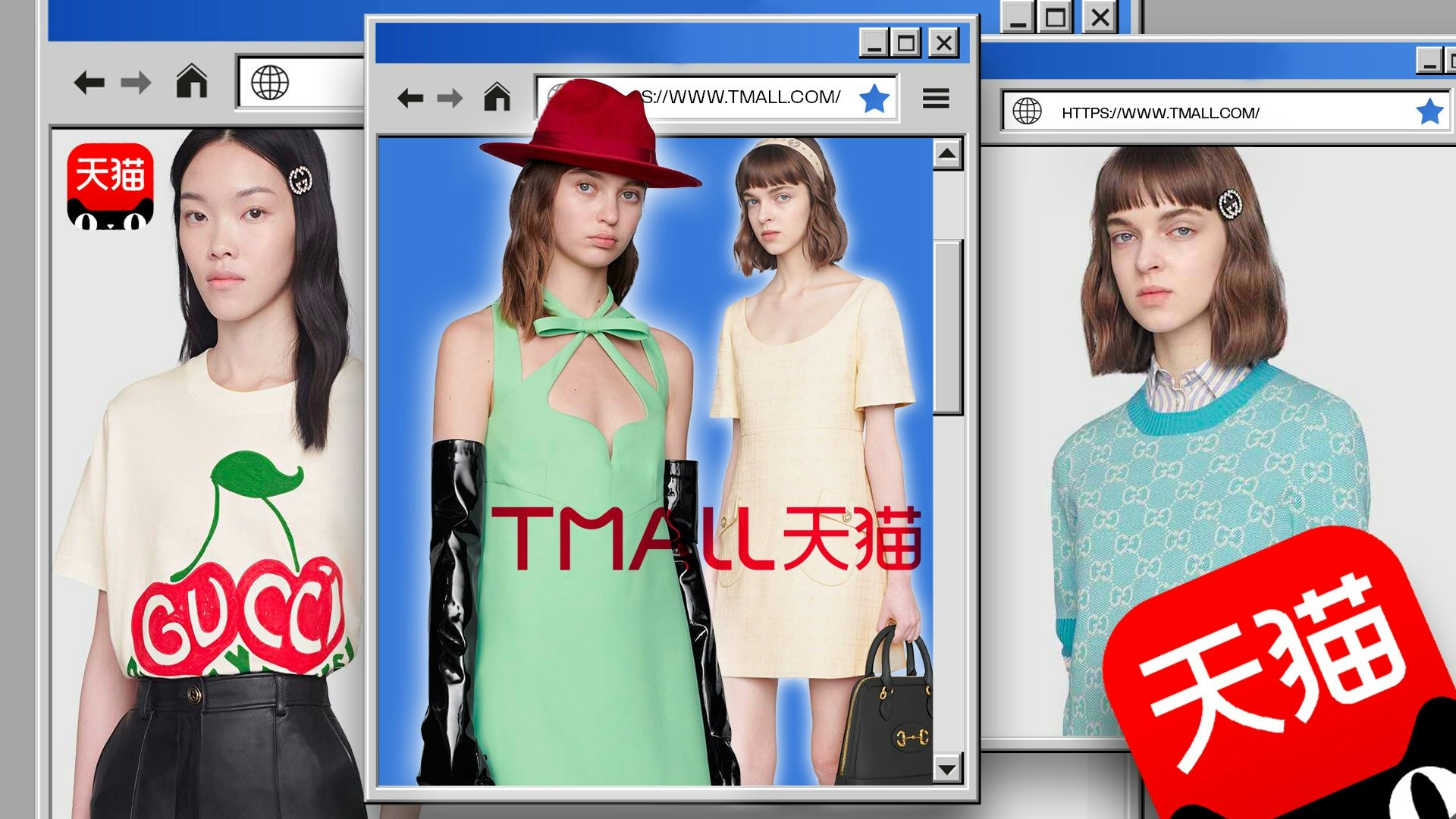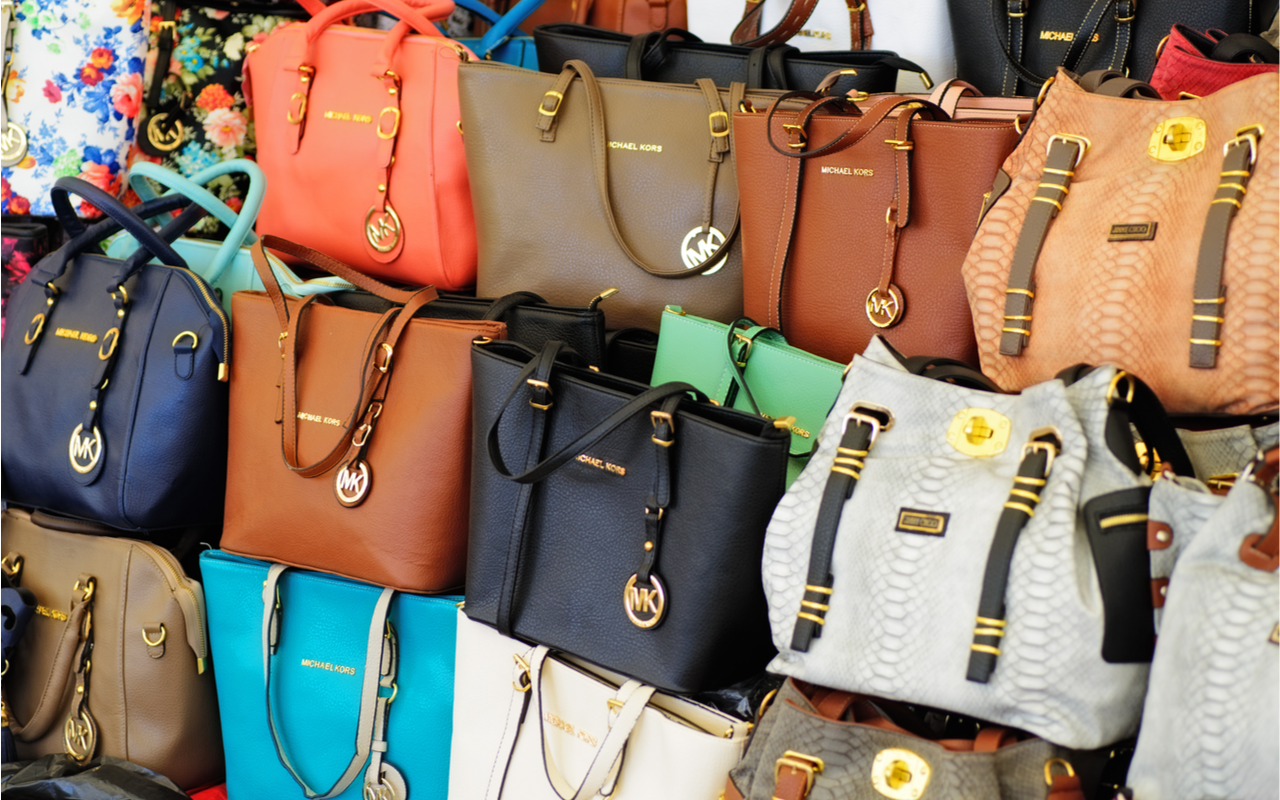Co-founder of leather goods brand Apede Mod Claudia Lin introduced her flagship Tmall store on September 1. The buyer-turned-designer’s China expansion comes just four years after launching her brand in New York City. And although Lin was swift in targeting the Chinese market, she wasn’t quick enough to beat the dozens of counterfeit sellers on Taobao who were already selling knock-offs of her 355 signature Froggy bag between 5 and 7. “We have people email us every day, asking whether the handbag they bought is fake or real,” the China native said.
Alibaba, which owns Tmall and Taobao, has made public attempts in recent years to scrub away counterfeits from its e-tailer’s brand image. Initiatives range from its large-scale Taobao Maker Festival that promotes the creativity and originality of its merchants to its Intellectual Property Protection platform that deals with brand complaints.
Yet Taobao’s counterfeit problem remains. In fact, Jing Daily recently discovered that Taobao’s algorithm goes so far as to promote counterfeit goods. Through the mobile payment app Alipay, a Taobao-powered section on its landing page features products (shown below) that mimic luxury and designer models such as Apede Mod’s Froggy Bag, Dior’s Saddle Bag, Saint Laurent’s Lou Camera Bag, and Hermès’ Oran Sandal. There are also fake logos slapped onto many products, like a waist bag bearing a Gucci label that the brand has never made.
[wpgallery id="107267"]
This oversight is significant, as Alipay’s 120 million monthly active users depend on the app to do everything from buy bubble tea to hail rides and order takeout. All the above infringing items are under the section “Large Brands Drop” (大牌直降), indicating that products featured in this section are branded items on sale, which can only be seen by those who connect their Taobao accounts to the payment service. The same section also frequently features authentic goods from luxury brand Tmall stores, causing further confusion for buyers.
It is unclear how many of Alipay’s users are exposed to counterfeit goods through this channel and how long this issue has been present. Alipay’s owner, the Alibaba affiliate Ant Financial, declined comment.
The recommendations on Alipay’s landing page are just one aspect of Taobao’s larger counterfeit problem, and the platform has been put back on the United States’ Notorious Markets blacklist in 2020, which highlights marketplaces that facilitate “substantial copyright piracy and trademark counterfeiting.”
Alibaba is eager to crack down on counterfeiting, as the success against them directly affects its global reputation and the development of its luxury vertical, Luxury Pavillion. Yet, while it is promising to hammer down on infringing goods, the tech giant’s “streamlined notice and takedown” anti-counterfeit initiative has struggled to keep up with counterfeiters, who are adept at mimicking luxury and designer brands and selling them to Tmall and Taobao’s 874 million combined consumers in China.
Alibaba’s Complicated History with Luxury and Counterfeits#
Over the past few years, luxury brands have flocked to Alibaba’s Tmall and its rival e-commerce site JD.com to sell their goods to China’s consumers, but that wasn’t always the case. Widespread counterfeiting has been a colossal roadblock for global fashion brands wanting to go digital on third-party platforms in China. At a Business of Fashion conference in 2018, when asked about partnering with Chinese e-commerce platforms, Gucci’s CEO Marco Bizzarri stated, “Frankly speaking, on most of the platforms there’s a lot of counterfeiting, and I don’t want to certify counterfeiting because I belong to these platforms.”
Yet the problems between Alibaba and Kering, which owns Gucci and Saint Laurent, runs even deeper than that. In May of 2015, Kering sued Alibaba and Alipay in the US district court of New York over alleged sales of fakes on its online platforms. The lawsuit was partially dismissed by the judge in August of 2016, and the Italian luxury group dropped the case after the signing of an agreement that stated Alibaba would set up a “joint task force” for pursuing counterfeiters of Kering brands. Kering declined to comment on the counterfeits shown on Alipay’s landing page.
After counterfeiting gave the brand a damaged reputation at home and abroad, Alibaba tried to rebrand itself. Yet, it wasn’t successful at first, and its membership for the US-based International Anti-Counterfeiting Coalition (IACC) was suspended after just one month due to some member companies’ concerns. Then, at the beginning of 2017, Alibaba formed its own Alibaba Anti-Counterfeiting Alliance (AACA).
Alibaba’s Alliance aims at multinational corporations in industries ranging from beverage to apparel. Starting with 30 members, it has grown to 550 brands, including ten luxury labels such as Louis Vuitton, Burberry, Valentino, and Prada. Kering’s name isn't on the most recent list.
“Taobao does not tolerate illicit or illegal behavior on our platforms because the health and integrity of our marketplaces depend on consumer trust,” said a Taobao Spokesperson to Jing Daily’s inquiry about recent counterfeits. “We have been taking proactive and aggressive steps to crack down on counterfeits on our marketplace by leveraging our world-class technology.” According to AACA’s website, the technology used by Alibaba’s monitoring team includes optical character recognition technology, product intelligence learning algorithms, semantic recognition algorithms, and a real-time interception system.
But it appears that Alibaba’s “notice and takedown” initiative and “proactive” measures are contradictory, as anti-counterfeiting is usually dealt with after the fact. After Apede Mod’s Lin expressed concerns to Alibaba’s customer service team, she stated, “they said that [Alibaba] could not prevent the fakes from going online because there was no way that they could immediately detect them. They recommend we complain once we see any.” She added that she was told her official Tmall store would help attract resources and traffic.
As an upmarket badge within Taobao, Tmall assures Chinese consumers their products are authentic with insurance plans from Ant Financial and traditional insurance companies, and it sets a much higher bar for merchants, which has caused a marked drop in counterfeits. But still, it is not the most protection brands can get. “More counterfeits are from Taobao,” Lin said, “but the problem is you can access both Taobao and Tmall from the same platform.”
When Luxury Is Hit, Smaller Brands Are Hit Harder#
Unlike luxury brands that have the legal framework and leverage to fight counterfeiters along with Alibaba, smaller designer brands have a harder time due to the hefty protection expenses and legal fees. As a result, they expect platforms like Alibaba to do the heavy lifting.
Liu Chubai, one of the four co-founders of the accessories brand Studio Copula (which has a Taobao store), found its old-style telephone shaped earrings went viral after being worn by actress and singer Ning Jing of the popular reality show Sisters Who Make Waves. “Fake products started cropping up all over Taobao over the next three days,” said the Rhode Island School of Design (RISD) graduate. “It was almost comical.” She tried to complain to Taobao, but she soon discovered that the platform needs to see intellectual property rights and a design patent to take down the counterfeits, which often have tags like “same as Ning Jing’s” (宁静同款).
“It takes a long time for the design patent to be approved,” she added. “Meanwhile, counterfeiters can take advantage of the window to profit.” Moreover, applications for the two protections are around 261 (1,800 yuan) for each product, a sizable expense for a small brand. Not to mention, it would become a burden if all products were to need one.

The only thing Liu could do is wait. “It’d be great if [Taobao] has a smart surveillance system that could protect the rights of authentic goods before the IP is approved,” she noted.
In a report by the United States Trade Representative in 2019, which is the office that issues its Notorious Markets List every year, small and medium-sized businesses say problems remain with the “complicated” processes of flagging and removing counterfeit goods from Taobao.
Meanwhile, Alibaba has boasted about its improvements in protecting IP rights by saying 96 percent of suspected infringing links would be blocked once they go live in its 2019 Intellectual Property Rights Report and that 96 percent of complaints were dealt with within 24 hours. But the report did not disclose any specifics of the sample size and the results of those complaints.
One main hurdle on Alibaba’s path to eradicating counterfeits is that counterfeited products are actually in high demand on the platform. As seen in the comments on a page of a fake Dior Saddlebag (which has been taken down after Jing Daily brought to Taobao’s attention), many buyers purchase them knowingly. One user left an image in the section with herself wearing the bag this past June with the caption: “The quality is great, the material is excellent, and it feels just like the real one.” Another person wrote that “it's good enough for just over 100 yuan (14.5), although it looks like a fake from the first glance.”
Taobao currently imposes a “three-strike” rule on counterfeiters, so if the same seller is caught selling fake goods three times, their account is suspended. According to brand owners like Liu, that punishment is not tough enough. “I don’t think the penalty is very strict,” she said. “Many counterfeiters are adept at making use of legal loopholes, which makes the complaint process hard, and they also may own multiple shops. So even if one of the shops is taken down, there are others left.”
When it comes to combating counterfeits, Alibaba need to let go of Taobao’s slogan “make it easy to do business anywhere” (让天下没有难做的生意) and make it even harder for counterfeiters to proliferate. The company can’t fix China's counterfeiting problems on its own, nor can it catch every counterfeiter before they make a sale, but it could improve its algorithm and make its rules stricter, so as not to indirectly incentivize sellers who infringe. “If Taobao keeps its rules as status quo,” Apede Mod’s Lin said, “it may never become a platform for original designers.”

